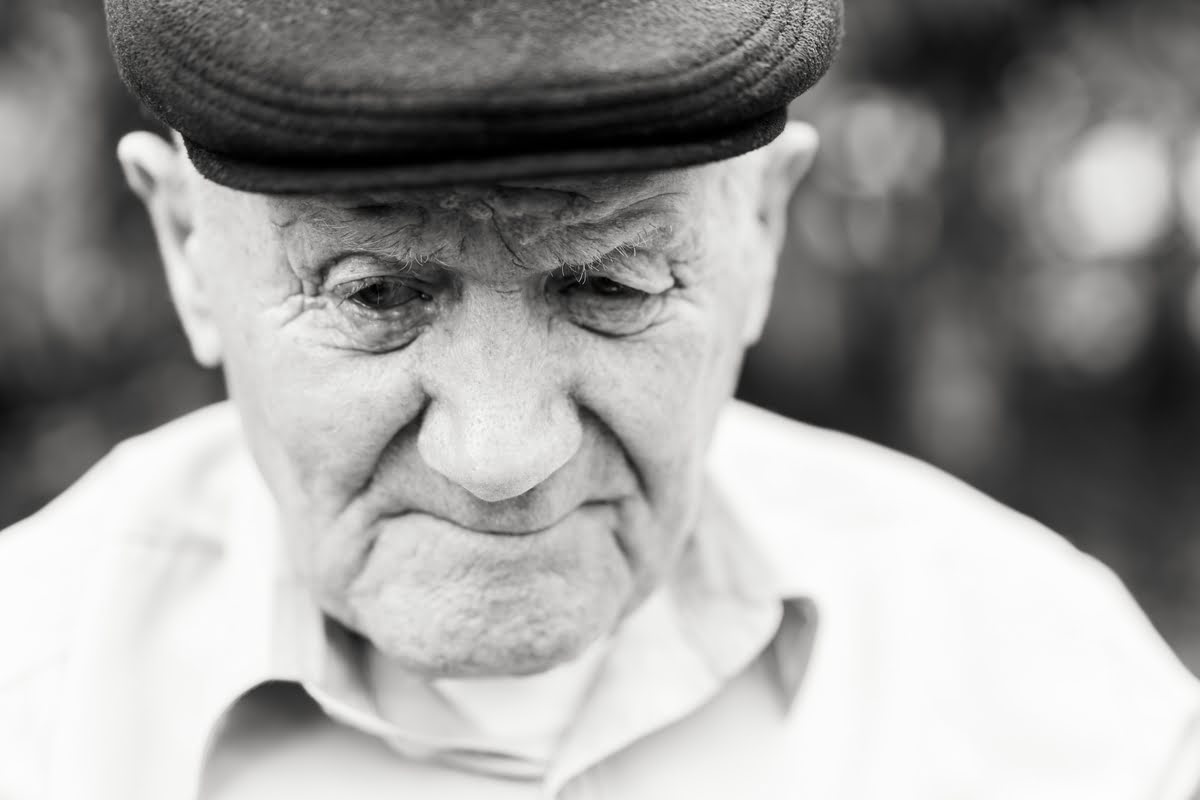Recognizing The Signs That an Elderly Parent Needs Help


The warning signs to look for:
Physical warning signs
Several warning signs suggest an elderly person is struggling to perform basic daily activities. These include:
- Difficulty bathing themselves
- Problems dressing and keeping themselves groomed to their usual standard
- Trouble going to the toilet
- Incontinence
- Spending most of the day in bed or sitting in a chair
- Difficulty cooking and eating a balanced diet
While some of these changes may suggest other underlying issues such as physical health problems or depression, they are all strong indicators that the family member is struggling to keep up with their usual daily habits. If you notice any of these changes, you should have a conversation with your loved one about the trouble they are having and potentially getting them some extra daily help.
More serious physical warning signs
- Significant weight loss
- Poor personal hygiene
- Bruises, cuts, and grazes that indicate a fall
- Burns on hands and skin that may come from difficulty cooking
- Significantly increased sleep
These signs suggest that your loved one is really struggling and the need to get them some extra help is urgent.
Mental and behavioral indicators
Along with the physical indicators, family members may notice mental and behavioral indicators that are telltale signs that a loved one needs help, such as:
- Lack of motivation
- Loss of interest in hobbies
- Frequently losing track of time
- Failure to keep in touch
- Extreme mood swings and irrational behavior
Clues left around the house
If you suspect your loved one requires some extra help but are worried about offending them or approaching them on the subject, there are some additional indicators that you can check to corroborate your suspicions. These include:
- And increasingly cluttered and dirty home
- Unopened mail, particularly for unpaid bills
- Spoiled food in the kitchen and fridge that should have been thrown away
- Increased reliance on convenience food such as microwave meals
- Stained furniture or carpet
- A scent of urine in the home
- Overgrown lawn, messy yard, and lack of home upkeep
- Signs of reckless driving or fear of driving
Some people are very good at changing their demeanor when people visit to hide the fact that they’re struggling. Don’t ignore some of these clues left around the house if you notice them!

Getting help for your loved one when they need it most
If you think your loved one needs extra help with their daily activities, you should address the subject with them. Many people resist and even get angry when family members make these suggestions, but this usually dissipates over time as it dawns on them that daily activities are becoming increasingly difficult to deal with. Once the seed is planted, many seniors come around to, and even look forward to, the idea of getting some daily help—it’s often a huge weight off their shoulders!
If you think your loved one is struggling to keep on top of the day to day activities, give us a call here at TruCare Home Care. Our home health aides are comprehensively trained in-home care, giving your loved one all the help they need so they can relax and enjoy their senior years. If you live in the Philadelphia, PA region, and think TruCare could help you and your loved one, don’t hesitate to contact us today at 833-TRU-CARE (833-878-2273) now.





